Henry Getley on the Guardian‘s ongoing crusade to expiate their historical links to the slave trade which now expands to denouncing the badges of the city’s two professional football teams:
But the latest chapter in this bizarre campaign is really scraping the barrel … targeting the city’s football club badges. Feature writer Simon Hattenstone has homed in on the logos of Manchester City and Manchester United, which both include an illustration of a sailing ship. And he has reached what he clearly sees as a “Gotcha!” conclusion – sailing ships were used to carry cotton, which was produced in the southern United States using slave labour. Therefore, displaying sailing ships is shameful. Both clubs must immediately delete the offending vessels from their badges.
I hold no brief for either Man City or Man United (quite the contrary). But I find it absurd and offensive that the clubs should be thus gratuitously assailed in an attempt to shore up the Guardian‘s increasingly crazed crusade.
For the record, the sailing ships are taken from the coat of arms of the Borough of Manchester. They were granted in 1842, 35 years after Britain’s 1807 abolition of the slave trade, and are there simply to symbolise the city’s trade with the rest of the world. In fact, no large ships were seen in Manchester until the opening of the 35-mile-long Manchester Ship Canal in 1894.
Hattenstone’s argument is that the city was still using slave-produced US cotton up to the outbreak of the American Civil War in 1861, so the symbolic use of the vessels must be denounced. Talk about clutching at straws! I wonder if he knows that in 1862 Manchester mill workers supported US President Abraham Lincoln’s call for an embargo on Confederate cotton, even though it meant destitution and starvation for them and their families. He could have read about this selfless gesture in a Guardian article ten years ago.
I’ll tell you what, Mr Hattenstone, if we’re talking about links to slavery, how about demanding that the Guardian abandons its main headline typeface, which is shamefully called “Guardian Egyptian”? After all, slavery was practised in Egypt from ancient times right until the late 19th century. Yes, it’s a ridiculous link to make, but no more ridiculous than calling for the removal of ships from football badges. Sorry, Mr Hattenstone, you may be a self-proclaimed City fan, but this is an own goal.


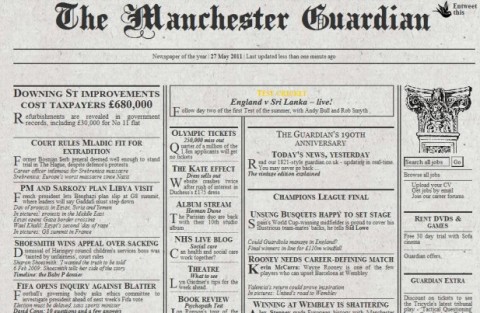
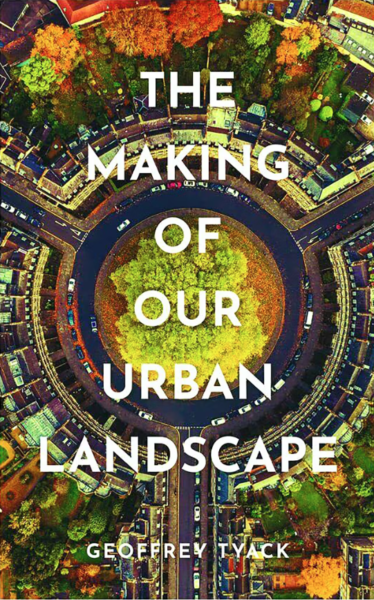
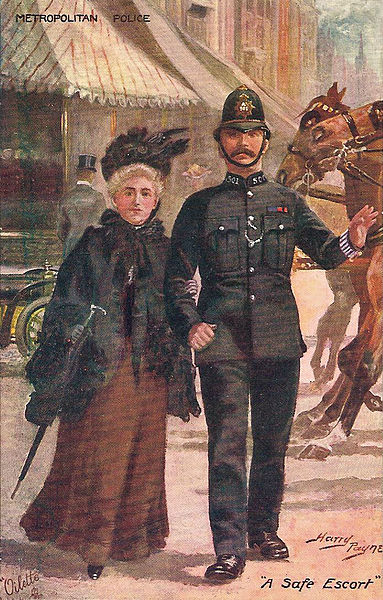
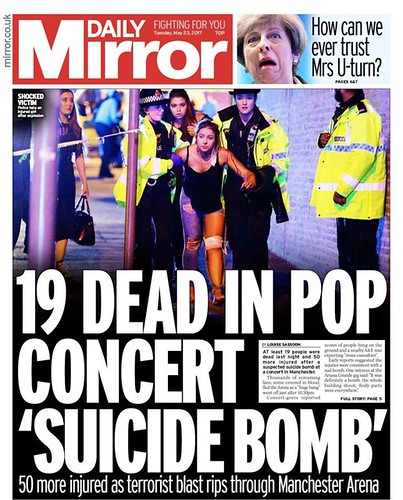
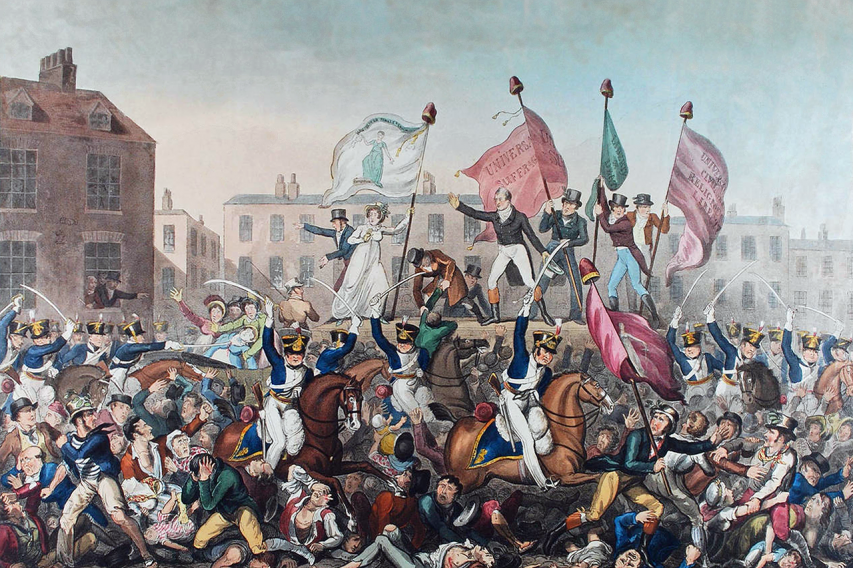
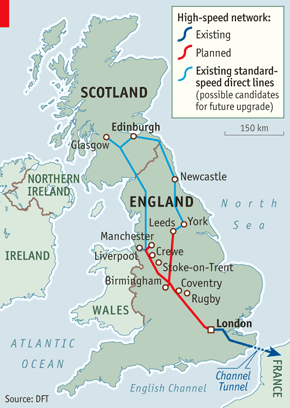 Earlier this year the coalition government announced details of a £32 billion ($52 billion) super-fast railway line from London to Manchester and Leeds via Birmingham (see map). Philip Hammond, the transport secretary, claims it will be a “fast track” to prosperity. If the project goes ahead—and there is still, just, time to reconsider—the final route, and Stoke’s transport fate, will not be decided until 2012 at the earliest. The first trains won’t reach Birmingham until 2026, and Leeds and Manchester until 2032-3.
Earlier this year the coalition government announced details of a £32 billion ($52 billion) super-fast railway line from London to Manchester and Leeds via Birmingham (see map). Philip Hammond, the transport secretary, claims it will be a “fast track” to prosperity. If the project goes ahead—and there is still, just, time to reconsider—the final route, and Stoke’s transport fate, will not be decided until 2012 at the earliest. The first trains won’t reach Birmingham until 2026, and Leeds and Manchester until 2032-3.

